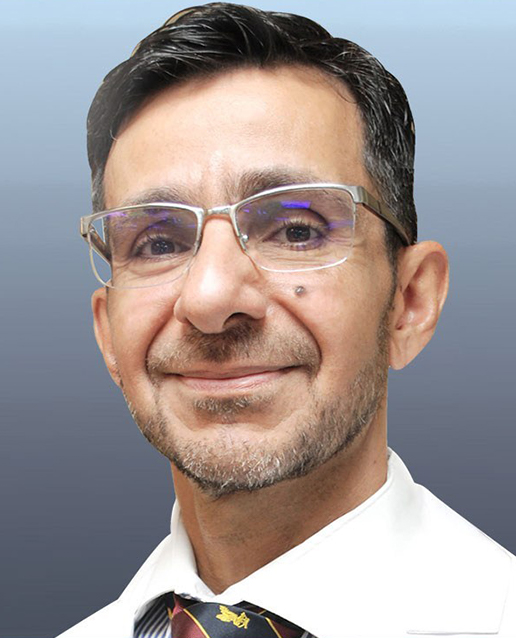What is Testicular Cancer?
Testicular cancer occurs when cancerous cells develop in the tissues of one or both testicles. Your testicles are two small glands that produce sperm and the hormone testosterone. They are located inside a sac of skin known as the scrotum, which is located below your penis. Testicular cancer is a serious condition, but fortunately, it is highly treatable and curable.
Testicular cancer typically originates from germ cells that are present in the testicles and form a tumor or mass. Around 90% of testicular cancer cases are germ cell tumors, which eventually develop into sperm. Two main types of testicular cancer originate from germ cells: seminoma and non-seminoma. Seminoma is a slow-growing cancer that typically affects people in their 40s or 50s. On the other hand, the non-seminoma tumor grows more rapidly than seminomas and primarily affects people in their late teens, 20s, and early 30s.

Testicular Cancer Symptoms:
- A lump or swelling in either testicle.
- Pain or discomfort in the testicle or scrotum.
- The feeling of heaviness in the scrotum.
- Dull ache in the lower abdomen or groin.
- Sudden collection of fluid in the scrotum.
- Enlargement or tenderness of the breasts.
Testicular Cancer Causes:
- The exact cause of testicular cancer is unknown, but several risk factors have been identified, including:
- Undescended testicle (cryptorchidism).
- Family history of testicular cancer.
- Congenital abnormalities of the testicles.
- Previous history of testicular cancer.
- Age (it’s more common in young and middle-aged men).
Diagnosis:
To diagnose testicular cancer, If you are in Dubai you can find the best urology specialist like Dr. Ali Twaini. The doctor will conduct a physical examination of your testicles and scrotum to check for any abnormalities, such as lumps or swelling. Imaging tests like ultrasound may be performed to visualize the internal structures of the testicles and detect any abnormalities. Additionally, blood tests may be done to measure tumor markers, such as alpha-fetoprotein (AFP), human chorionic gonadotropin (HCG), and lactate dehydrogenase (LDH). Higher levels of these markers in the blood can indicate the presence of testicular cancer.
Self-Examination:
Regular self-examinations can help detect testicular cancer early. Follow these steps to do it:
- Stand in front of a mirror and examine the scrotum for any swelling.
- Hold the testicle between your thumbs and fingers of both hands and gently roll it between your fingers.
- Feel for any lumps, bumps, or changes in texture. Each testicle should feel smooth without any hard lumps or nodules.
- If you notice any abnormalities, consult your doctor for further evaluation.
It is important to perform this examination regularly and to seek medical attention if you notice any changes or abnormalities.
Testicular Cancer Treatment in Dubai
Testicular cancer is a treatable form of cancer. Dr. Ali Twaini, a leading urology specialist in Dubai, can help you explore treatment options.
Surgery: The most common treatment, often performed by testicular cancer surgeons like Dr. Thwaini.
Radiation therapy: Often used after surgery to prevent recurrence.
Chemotherapy: Powerful drugs to target and eliminate cancer cells.
Questions to Ask Your Doctor (FAQ):
1. What are the treatment options for testicular cancer?
There are three major treatment methods for testicular cancer. Surgery, Chemotherapy and Radiation Treatment.
2. What stage is my testicular cancer, and what does that mean?
Diagnosing cancer at an early stage may help recovery. Try to find out by accurate diagnosis.
3. What are the potential side effects of treatment?
Side effects of testicular cancer treatment can include fatigue, nausea, hair loss, infertility, changes in sexual function, and increased risk of other health conditions.
4. How will testicular cancer and its treatment affect my fertility?
Testicular cancer treatment, particularly chemotherapy and radiation therapy, can impair fertility by affecting sperm production. However, sperm banking before treatment can preserve fertility options for the future.
For more detailed information and personalized advice, it’s always best to consult with a urology specialist in Dubai.

